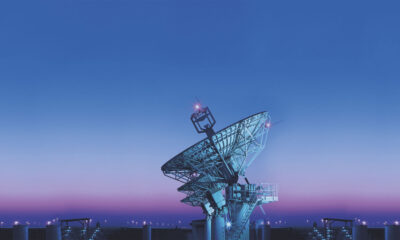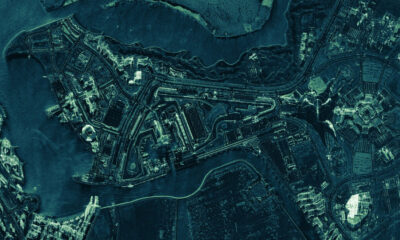News
UAE’s Yahsat Introduces Smartphone-To-Satellite Connectivity
The service also allows seamless connectivity for IoT (Internet of Things) devices, and works irrespective of geographical location.
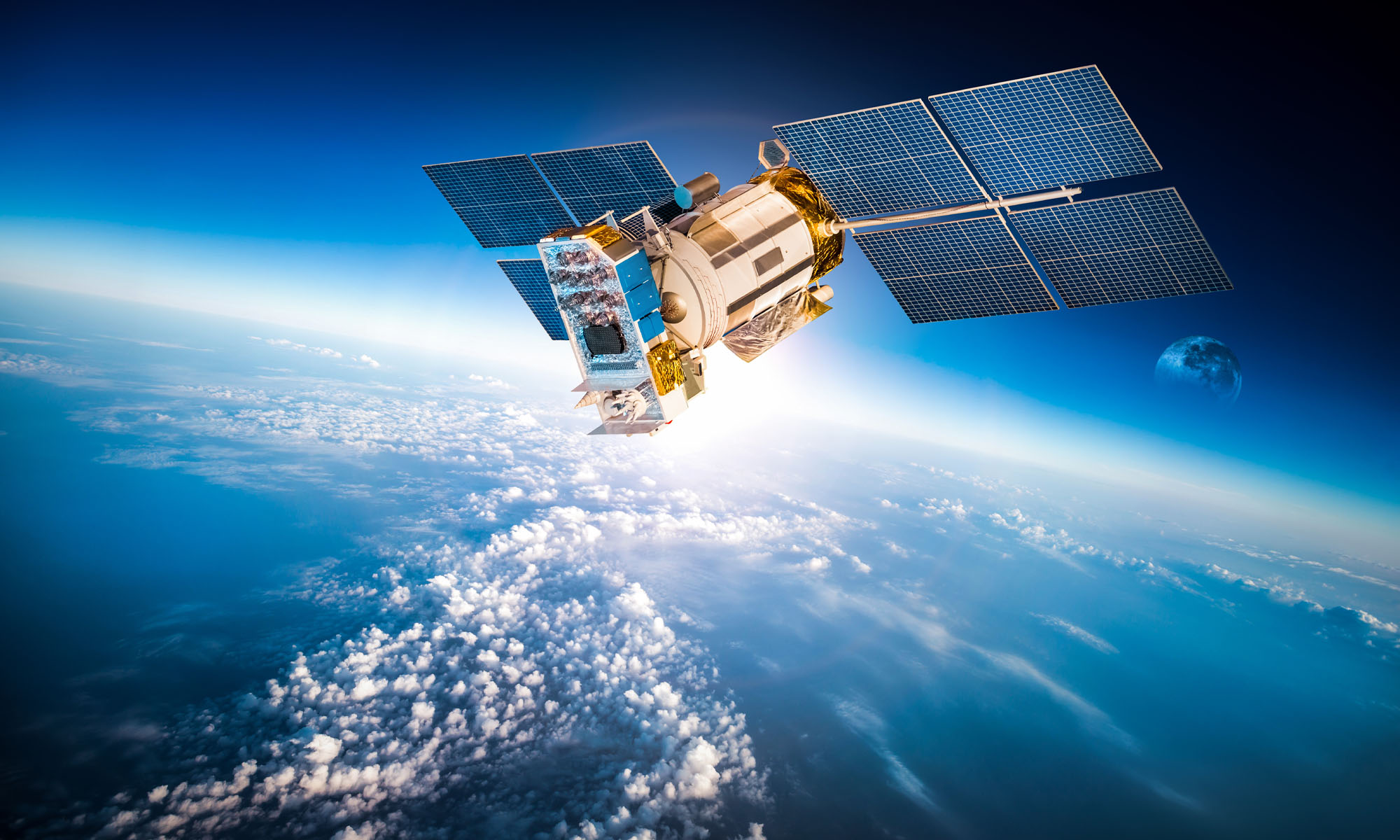
Yahsat, a satellite services firm based in Abu Dhabi, has initiated a groundbreaking service known as “direct-2-device”, enabling seamless connectivity for smartphones and IoT (Internet of Things) devices, irrespective of geographical location.
In its initial phase, Yahsat aims to provide voice and messaging services within the current year, with plans to expand its offerings to include texting and IoT functionalities on smartphones by 2025, utilizing the forthcoming Yahsat Geostationary Earth Orbit (GEO) satellites, slated for launch later in the year.
A subsequent phase, dubbed Project BlueStar, is set to facilitate comprehensive direct-to-device connectivity through an adaptable satellite network.
This two-phase deployment encompasses voice, messaging, and data. Yahsat is set to provide a sneak peek of its D2D portfolio at the Mobile World Congress 2024 in Barcelona later this month.
The integration of satellite-linked features into mobile devices is gaining traction. Owners of Apple’s iPhone 14, iPhone 14 Pro, iPhone 15, or iPhone 15 Pro can already connect to satellites for emergency texting services, and similar connectivity may soon become a standard smartphone feature.
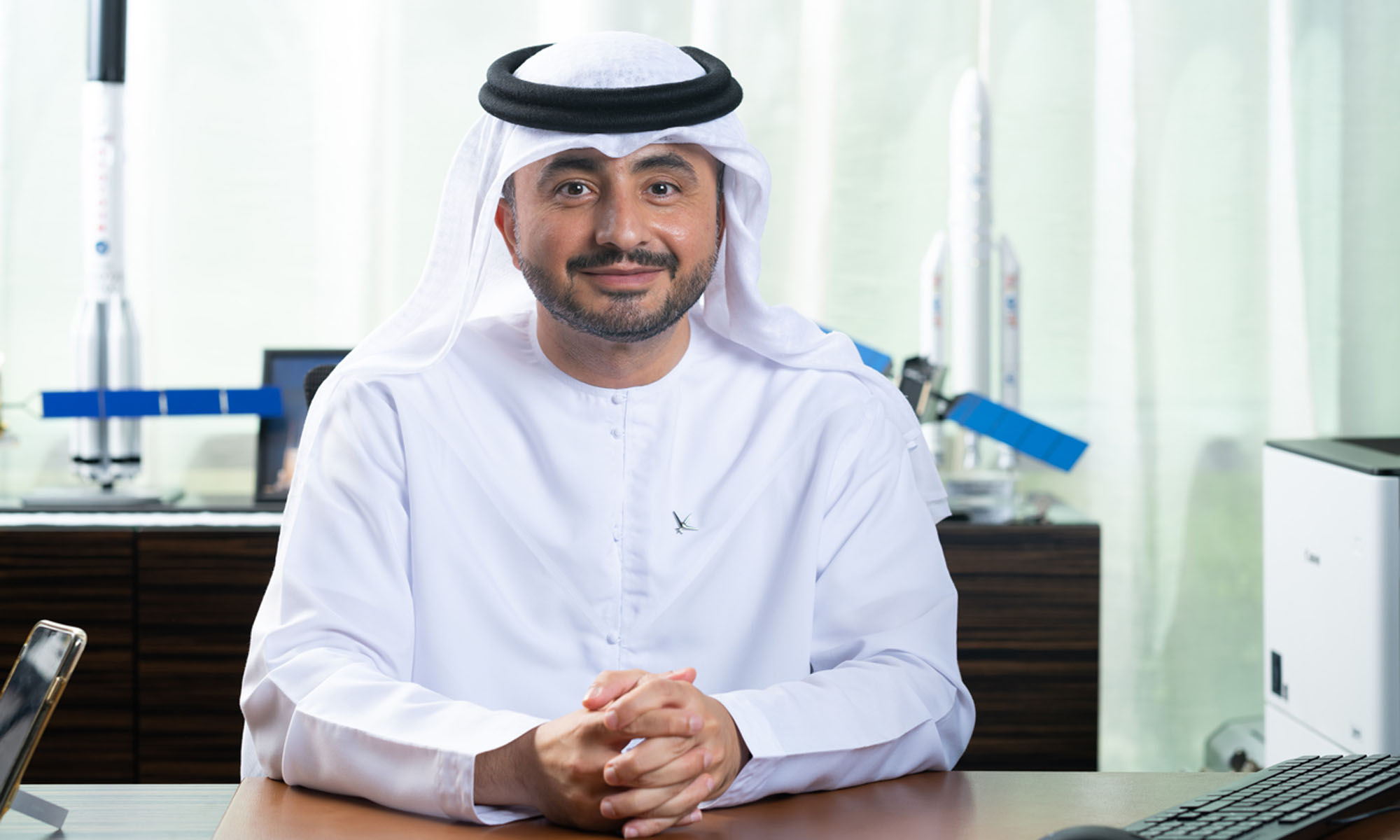
“We are excited to launch our D2D strategy to revolutionize our industry by providing billions of people, organizations and businesses across various sectors with seamless, reliable and efficient access to connectivity,” said Ali Al Hashemi, Group CEO.
“This strategy is a critical and significant part of Yahsat’s wider growth strategy. We developed our D2D strategy – Project SKY, by carefully examining our strengths and capabilities and leveraging our expertise to capitalize on evolving market conditions,” he added.
Also Read: Introducing ChatGPT’s New Feature: Conversation Recall
Yahsat’s five satellites currently cover over 80% of the global population and deliver C, Ku, Ka, and L-band satellite communication solutions to consumers, governments, and businesses across various land, maritime, and aerospace platforms.
In 2020, Yahsat commenced the construction of Thuraya 4, an advanced telecommunications system for Thuraya, scheduled for launch in 2024 and operational by 2025. Additionally, construction began last year on two ‘software-defined’ telecommunication satellites, Al Yah 4 and Al Yah 5, anticipated to be launched in 2027 and 2028, respectively.
News
Alienware Just Announced Six New Gaming Monitors
The new models include three QD-OLED and three budget-friendly QHD options, expanding the company’s lineup for all gamers.

Alienware has just updated its gaming monitor lineup with six new additions, including the highly anticipated Alienware 27 4K QD-OLED Monitor. The latest wave of releases is set to reach more gamers than ever, offering high-end QD-OLED displays alongside more budget-friendly options.
The latest displays clearly show that the company is doubling down on QD-OLED with three new models sporting the technology. A redesigned Alienware 34 Ultra-Wide QD-OLED Monitor is also making a return, further refining what is already a fan-favorite display.
A Unified Design: The AW30 Aesthetic
All six monitors feature Alienware’s new AW30 design language, first introduced at CES. The AW30 aesthetic brings a futuristic, minimalist look that unites the entire lineup under a cohesive visual identity.
Pushing QD-OLED Even Further
The refreshed Alienware 34 Ultra-Wide QD-OLED Monitor (AW3425DW) builds on its predecessor’s success with a 240Hz refresh rate (up from 175Hz) and HDMI 2.1 FRL support. It also gains G-SYNC Compatible certification alongside AMD FreeSync Premium Pro and VESA AdaptiveSync, ensuring ultra-smooth performance. With a WQHD (3440×1440) resolution and an 1800R curve, this display enhances immersion for both gaming and cinematic experiences.
For those who crave speed, the Alienware 27 280Hz QD-OLED Monitor (AW2725D) pairs a high refresh rate with QHD resolution, balancing sharp visuals with ultra-smooth gameplay. Meanwhile, the Alienware 27 4K QD-OLED Monitor (AW2725Q) delivers stunning clarity with an industry-leading pixel density of 166 PPI, making it the sharpest OLED or QD-OLED monitor available.
Also Read: Infinite Reality Acquires Napster In $207 Million Deal
Worried about OLED burn-in? Alienware’s entire QD-OLED lineup comes with a three-year limited warranty covering burn-in concerns, offering peace of mind for gamers investing in these high-end displays.
Bringing QHD To A Wider Audience
Alongside QD-OLED, Alienware is also releasing three new QHD gaming monitors aimed at more price-conscious gamers. The Alienware 34 Gaming Monitor (AW3425DWM), Alienware 32 Gaming Monitor (AW3225DM), and Alienware 27 Gaming Monitor (AW2725DM) provide a range of sizes and formats to suit different preferences:
- The Alienware 34 Gaming Monitor (AW3425DWM): An ultrawide (WQHD) option for a panoramic, immersive experience.
- The Alienware 32 Gaming Monitor (AW3225DM): A standard 16:9 panel for a traditional but expansive desktop setup.
- The Alienware 27 Gaming Monitor (AW2725DM): A 27” display offering the same performance in a more compact form factor.
All three gaming monitors feature a fast 180 Hz refresh rate, a 1ms gray-to-gray response time, and support for NVIDIA G-SYNC, AMD FreeSync, and VESA AdaptiveSync to eliminate screen tearing. Additionally, with 95% DCI-P3 color coverage and VESA DisplayHDR400 certification, these displays deliver vibrant colors and high dynamic range for lifelike visuals.
-
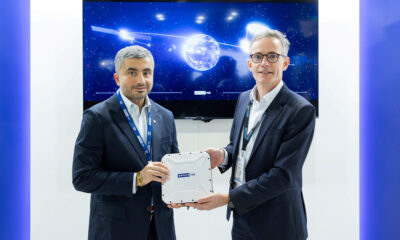
 News3 weeks ago
News3 weeks agoSpace42 & Cobham Satcom Launch New Satellite Broadband Terminal
-

 News3 weeks ago
News3 weeks agoVernewell UK: Forging The Future Of Intelligence, Quantum, And AI
-

 News3 weeks ago
News3 weeks agoYasmina Smart Speakers Now Feature Ramadan-Specific Content
-

 News3 weeks ago
News3 weeks agoPure Electric Expands To UAE, Boosting Micro-Mobility Sector


